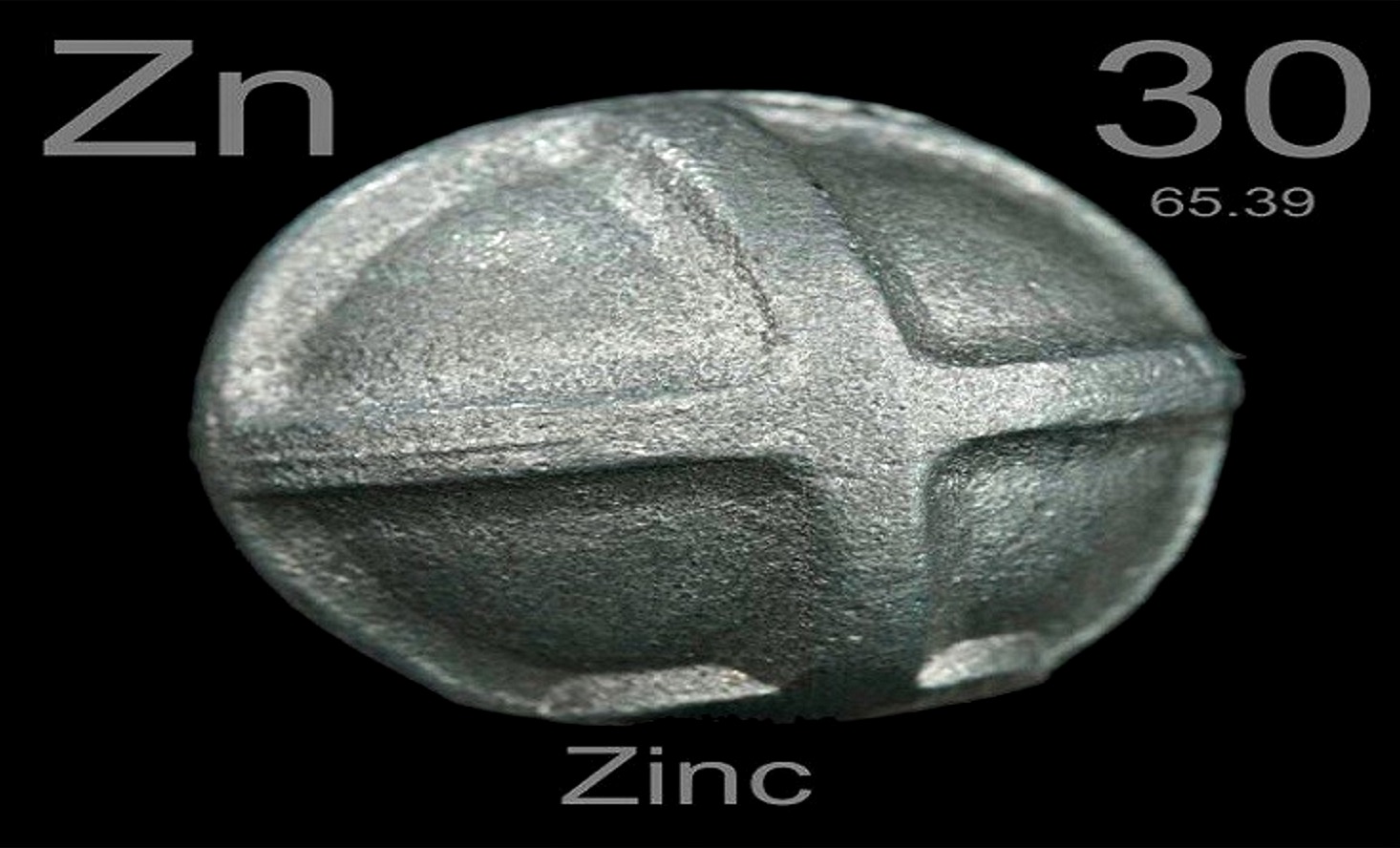Zinc May Help Shorten The Duration Of Common Cold
 Common cold virus: Latest medical research shows that use of zinc supplements could help shorten the duration of common cold.
Common cold virus: Latest medical research shows that use of zinc supplements could help shorten the duration of common cold.For many years now, the use of zinc lozenges, syrups and tablets for the treatment of common cold has remained controversial.
Though it has been reported, following a study by Eby et al, over 30 years ago that the use of zinc helps to achieve a 7-day reduction in the duration of common cold (1), there has not been any convincing supportive study to reproduce that result.
Until recently.
A study just published in the British Journal of Clinical Pharmacology reports that the use of zinc lozenges in common cold helps to achieve an average of a 3 days’ reduction in the duration of cold.
Those with common cold taking zinc supplements get better within 3 to 4 days while those not taking a supplement with since take 7 days on the average to get better. We have also seen this in our clinical practice over the years.
The study had 199 patients, ranging mainly from 20 to 50 years of age, with common cold. A third of these patients also suffer with different types of allergies. Some of them where smokers.
Between 36 to 40% reduction in the average duration of common cold were found in the participants.
Why Is This Important?
Well, as we know, common cold is one of the most frequent illnesses to affect us anywhere in the world, especially so in the winter months in cold countries.
It is estimated that the average American adult suffers 2 to 4 episodes a year and children experiences 6 to 10 attacks of cold over the same period. This results in conservable amount of time lost from work and school.
There is also no known treatment for cold.
Any reduction in the length of time this common ailment goes on would be valuable time recouped, translating into billions of man-hours world-wide every year.
We also know that zinc deficiency leads to reduced immune system and more susceptibility to colds and other infections.
Finding evidence through randomized studies and meta-analysis like the one reported here helps to strengthen the rationale for the use of zinc in achieving such reduction in the duration of illness.
How Zinc Helps in the Treatment of Common Cold
It is known that positive charged zinc molecule is a strong anti-rhinoviral agent – the same virus that causes some of the cold outbreaks.
 Zinc may help shorten the duration of common cold by helping to boost the immune system and fight cold virus.
Zinc may help shorten the duration of common cold by helping to boost the immune system and fight cold virus.Zinc is also known to help
stimulate the body to produce some immune boosting chemicals in the body called interferon
gamma 10 times more than if not available, as well as helps in the reduction of
inflammation.
Zinc plays many other key functions or roles. It is involved in the complex process of wound healing. It is necessary for proper functioning of our sense of smell and taste. Zinc is also necessary to produce DNA.
Zinc helps transport Vitamin A from the liver and it also acts as an antioxidant, protecting the cells from the potential damage that can be caused by free radicals.
Could There Be Side Effects With The Use of Zinc?
A number of practitioners have over the years used between 10 to 25mg per day of zinc for the treatment of common cold in adults and lesser amount in children – about 5mg per day in children 6 years and above and about 3mg per day in younger children.
If zinc is taken in excessive amount, it could lead to copper deficiency. It could also cause impairment of normal production of red blood cells.
Use of zinc supplements in high doses could lead to nausea and vomiting as well as strong metallic taste in the mouth.
Because of the immune stimulatory role of vitamin C and its healing properties, when combined with zinc, it has been found to be very helpful in boosting our immunity even more.
We recommend the use of a combination tablet containing 100mg of vitamin c and 10mg of zinc dissolved in warm water taken once or twice daily when you have cold to help fasten recovery.
Net time you are suffering with common cold infection, you can get this Redoxon Double Action Orange Effervescent Tablets, 1000mg Vitamin C & 10mg Zinc preparation on Amazon or sold in your local pharmacy. Please be sure to leave us a comment on review of this medication here.
References:
- Zinc lozenges as cure for the common cold – A review and hypothesis. Eby, George A. Medical Hypotheses , Volume 74 , Issue 3 , 482 - 492
- Hemilä H, Petrus EJ, Fitzgerald JT, Prasad A. Zinc acetate lozenges for treating the common cold: an individual patient data meta-analysis. Br J Clin Pharmacol. 2016;82(5):1393-1398. doi: 10.1111/bcp.13057. PMID: 27378206



